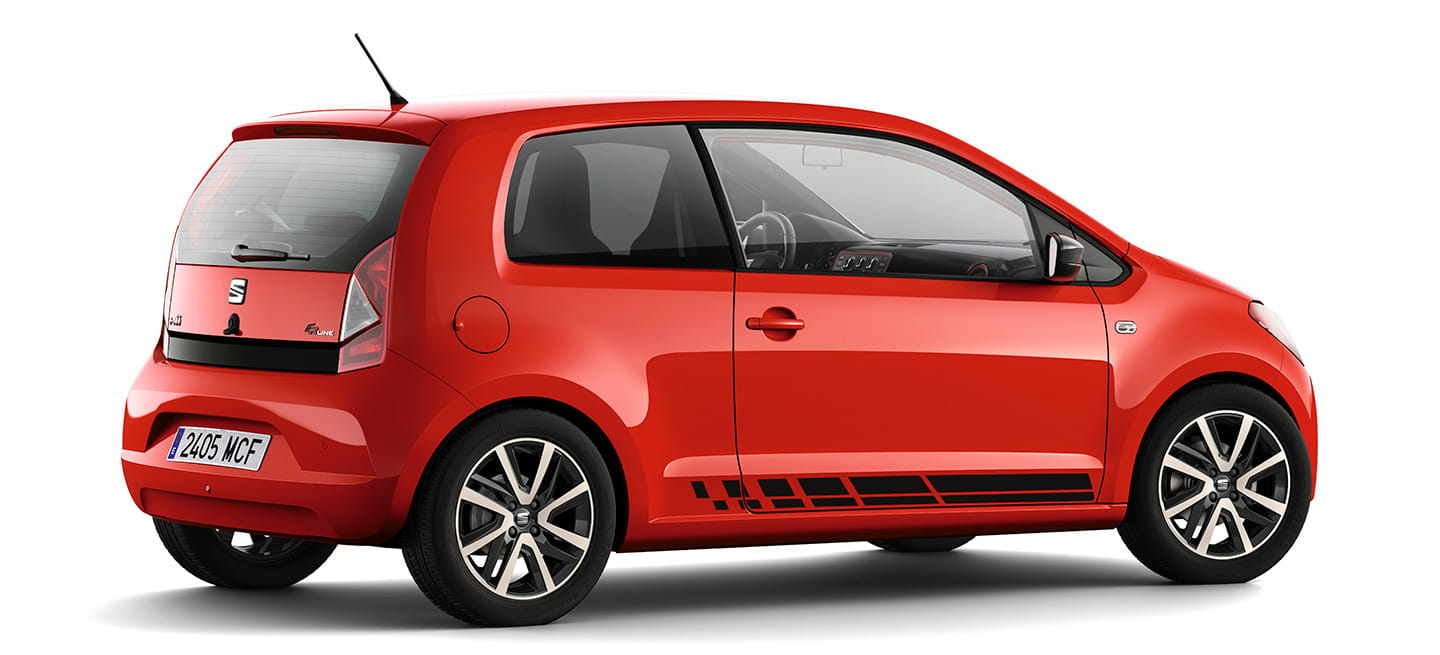When is making a profit actually a loss? When you're the accountant at Volkswagen Group's chronic underperformer Seat.
Earlier this month, VW's Spanish unit reported itsfirst profit since 2008. On closer inspection, the 6 million euros after-tax profit Seat said it made in 2015, compared to a 66 million euro loss in 2014, isn't as impressive as it seems.
Firstly, the figure only includes Seat S.A. – the core company that lacks certain subsidiaries and is not representative of the overall "Seat Group" as the unit's 2015 annual report shows.
Secondly, the income statement was prepared using Spanish accounting principles rather than the international IFRS standard that VW Group is required to use to improve comparability among global corporates.
Thirdly, the figure is expressed in net profit rather than earnings before interest and tax (EBIT). No doubt it has its supporters and bottom line profits are important (certainly better than bottom line losses). Yet this is the kind of white noise that says little about the health of the underlying business, which is best encapsulated by its operating result.
Lastly, it needed help to get there. Seat actually received money back from the tax collector. Only then did it become profitable.
Smaller loss
After a request by Automotive News Europe, Seat provided results that showed as a brand it had narrowed its operating loss to 10 million euros last year from the 127 million loss posted in VW Group's 2014 annual report, a figure that is directly comparable to VW group profits.
The last time that Seat as a whole earned any money was when it posted the tiniest of operating profits in 2007 at the absolute high point of the Spanish car market.
This isn't to say I am not confident that Seat can finally contribute positively to results. The launch of the critical Ateca compact SUV will finally bring a margin-rich product to its range that – even after the inevitable launch costs – should propel Seat into the black for this year. Seat also plans to save around 100 million euros by improving processes, focusing on higher added-value business and reducing costs.
Although it's important to follow Seat on its quest to break even, it's equally worthwhile to look at the cashflow statement. That is one of the few aspects of a business that should not differ regardless of what accounting standard is used, since it is supposed to reflect cold hard cash moving into and out of the till over the reporting period.
Here the company for the third year in a row was able to fund itself through its own internally generated cashflow and even have a further 310 million euros left over.
This figure of course doesn't factor in typical non-cash charges such as from the depreciation that inevitably results when investing in future growth. This alone can make the difference between earnings and losses, and in fact it amounted last year to roughly 310 million euros as well.
Helping Dieselgate costs
What this free cash flow figure tells us importantly is that Seat does not represent an actual drain on VW Group's precious liquidity reserves – every euro of which will almost certainly be needed to pay the costs from the Dieselgate scandal.
Indeed just the opposite proved to be the case, according to the annual report. After adjusting for currency effects and a small 10 million payment elsewhere, the remaining 260 million euros left in surplus cash at Seat went straight into servicing debts owed to VW Group and other associated group companies.
Seat was allowed to keep 100,000 euros at the end of last year, unlike in the previous reporting period when it was left with nothing in the till. The part of the near 4 billion euro balance sheet that lists cash and cash equivalents among its assets actually had zero-point-zero. At least now there is the slimmest of cash reserves.
This suggests the company may now have fully paid off whatever liabilities to Wolfsburg had been hanging over its head at the start of last year and can start planning now for the future.
If Seat proves this year that it will no longer be a drag on either VW Group's profits or cash, the repeated speculation that VW will dump the brand may come to an end.
Seat (Sociedad Española de Automóviles de Turismo) was created in 1950 as a prestige project under former Spanish dictator Francisco Franco. It has never had a strong heritage or aspirational brand image.
After acquiring majority control in 1986, VW has sent one executive after another to Barcelona in an attempt to turnaround the loss-making business. Former CEO James Muir said in 2010 that the brand had one last chance to break even in five years.
Even if VW Group has to dispose of some of its 12 brands to fund the costs of its emissions crisis, the company could not expect to raise much by selling off a sub-scale Spanish carmaker with a weak brand image.
Christiaan Hetzner







No comments:
Post a Comment
Please leave a message, I will verify them swiftly, Sorry to have to do this now as some twat keeps spamming my message system, unfortunately they are ignorant and spoil it for everyone else,
Note: only a member of this blog may post a comment.